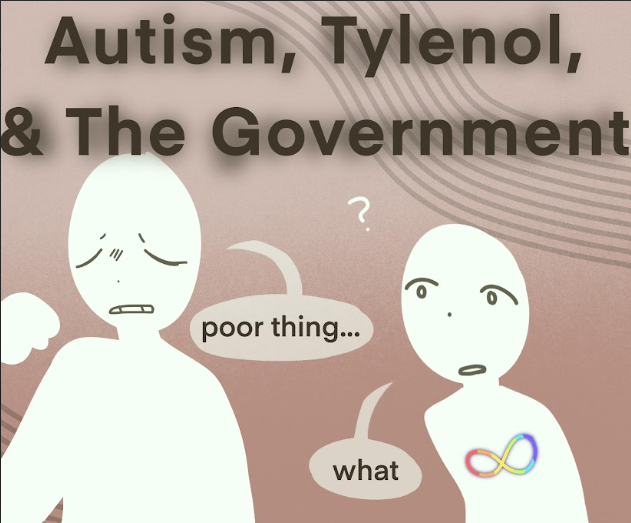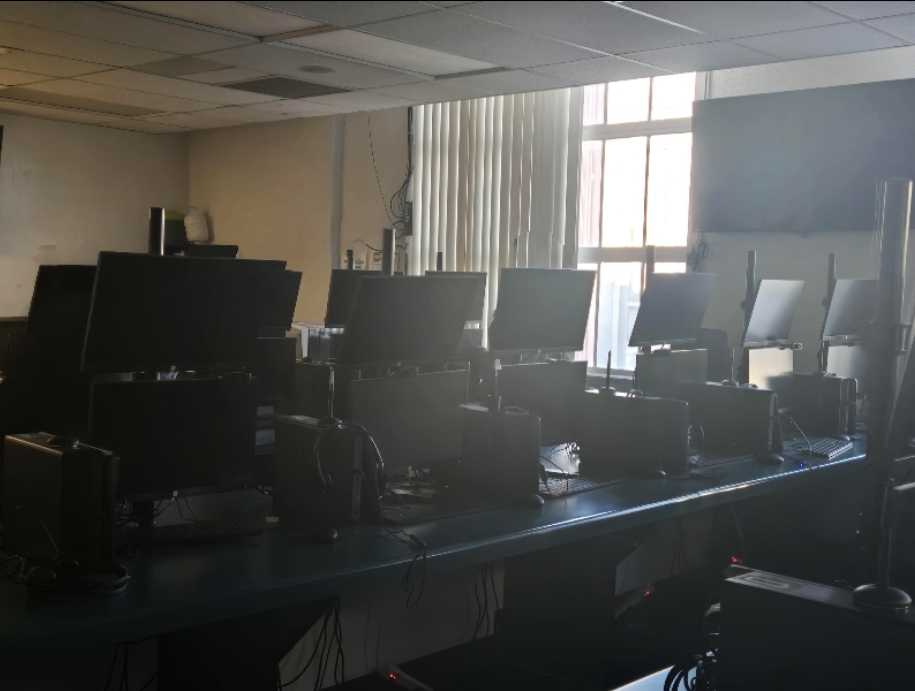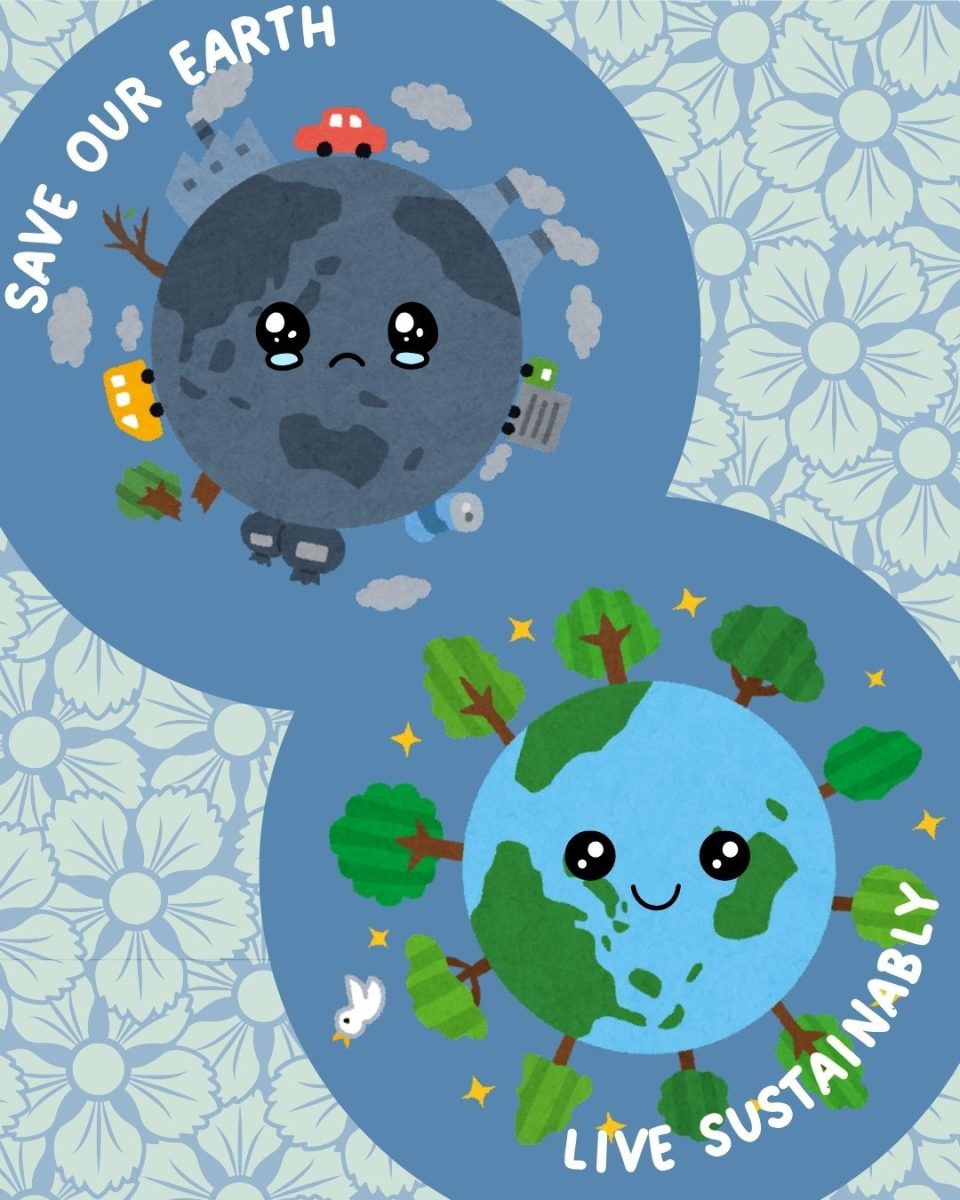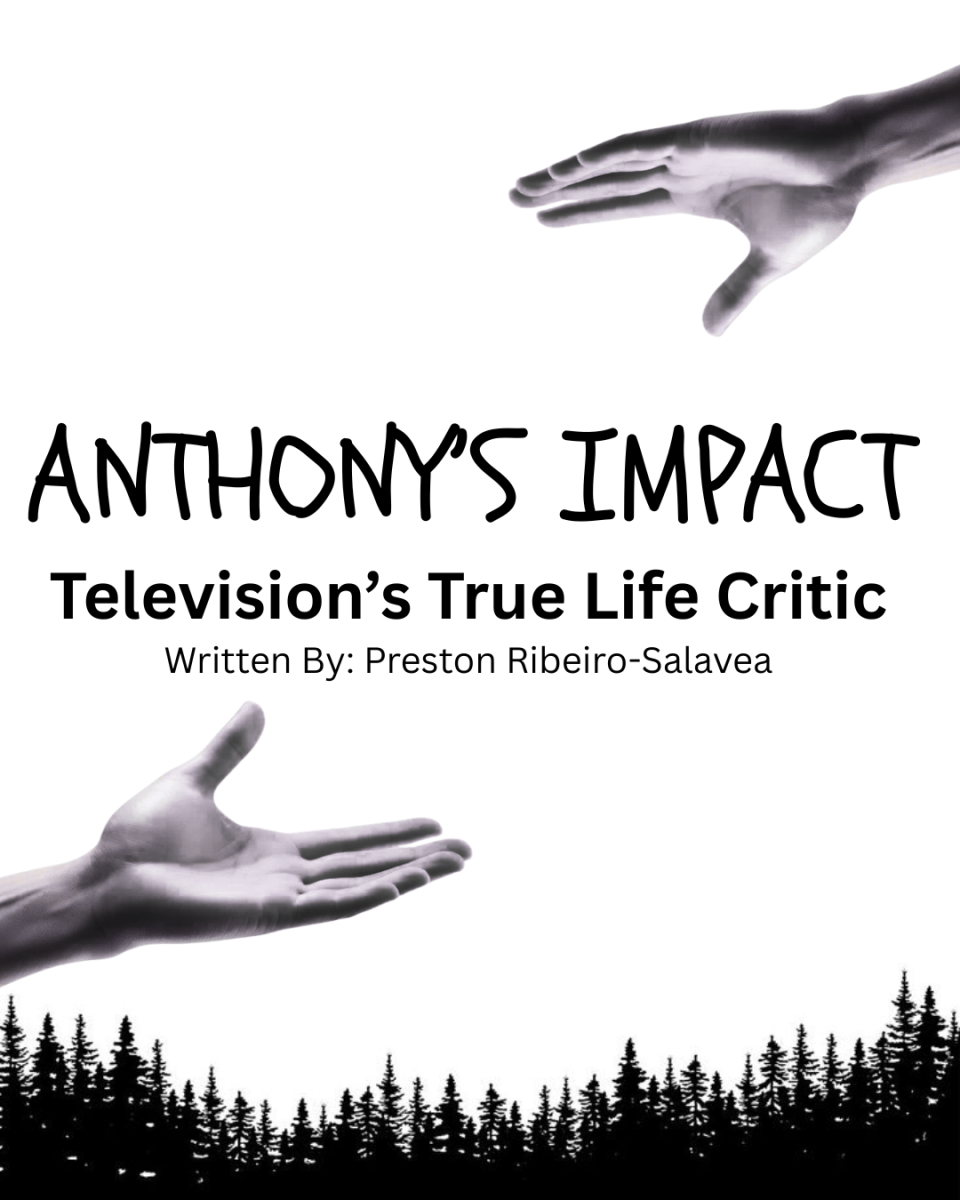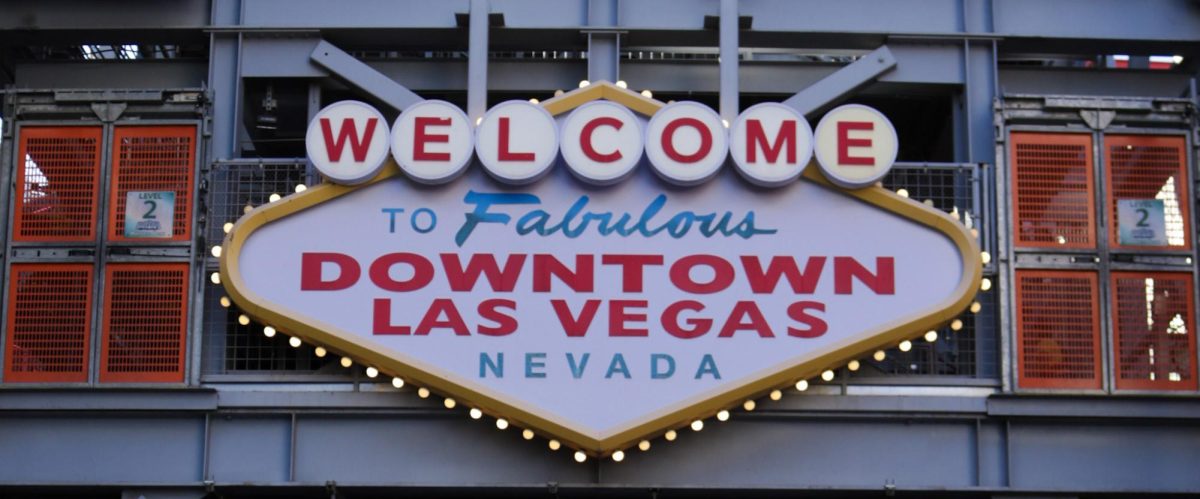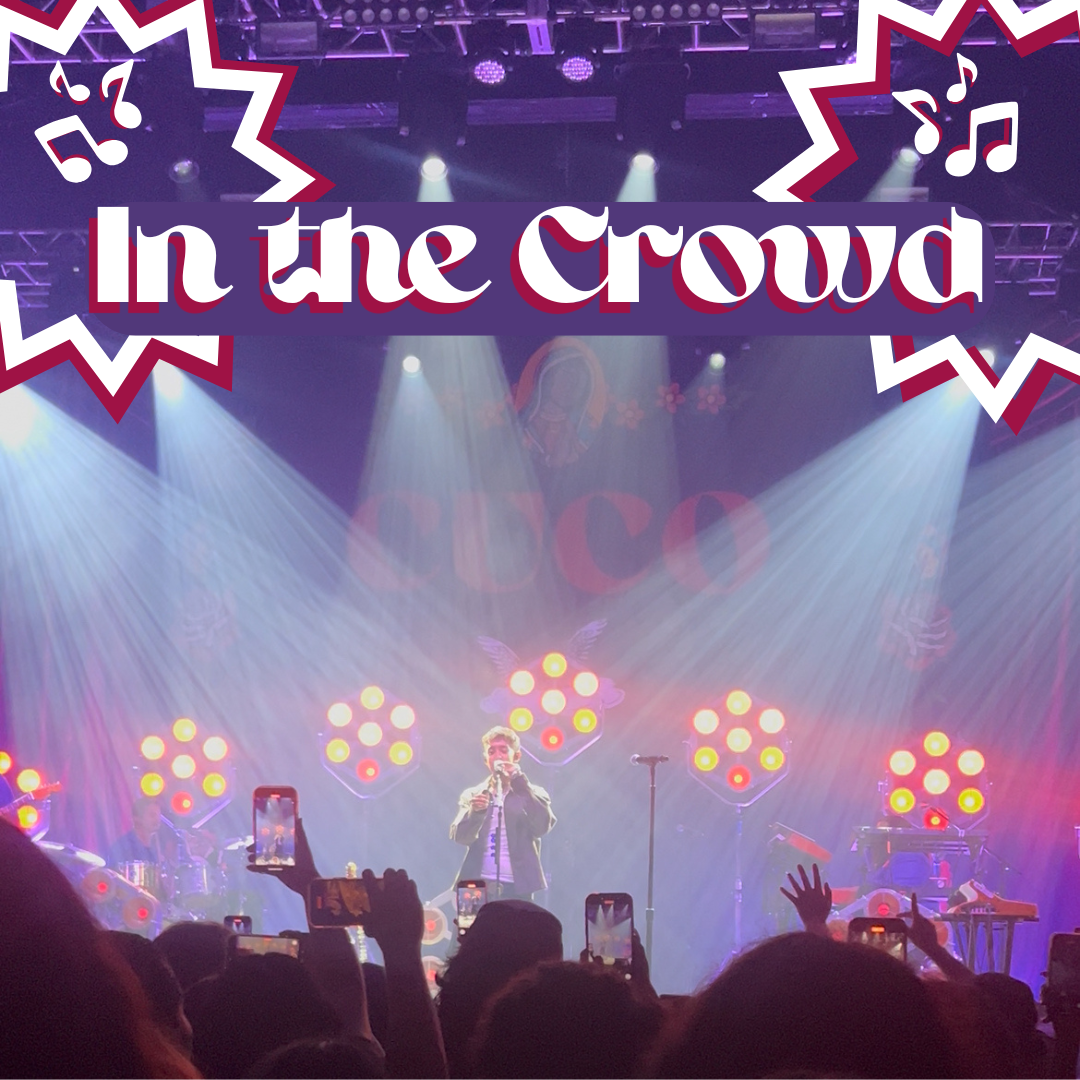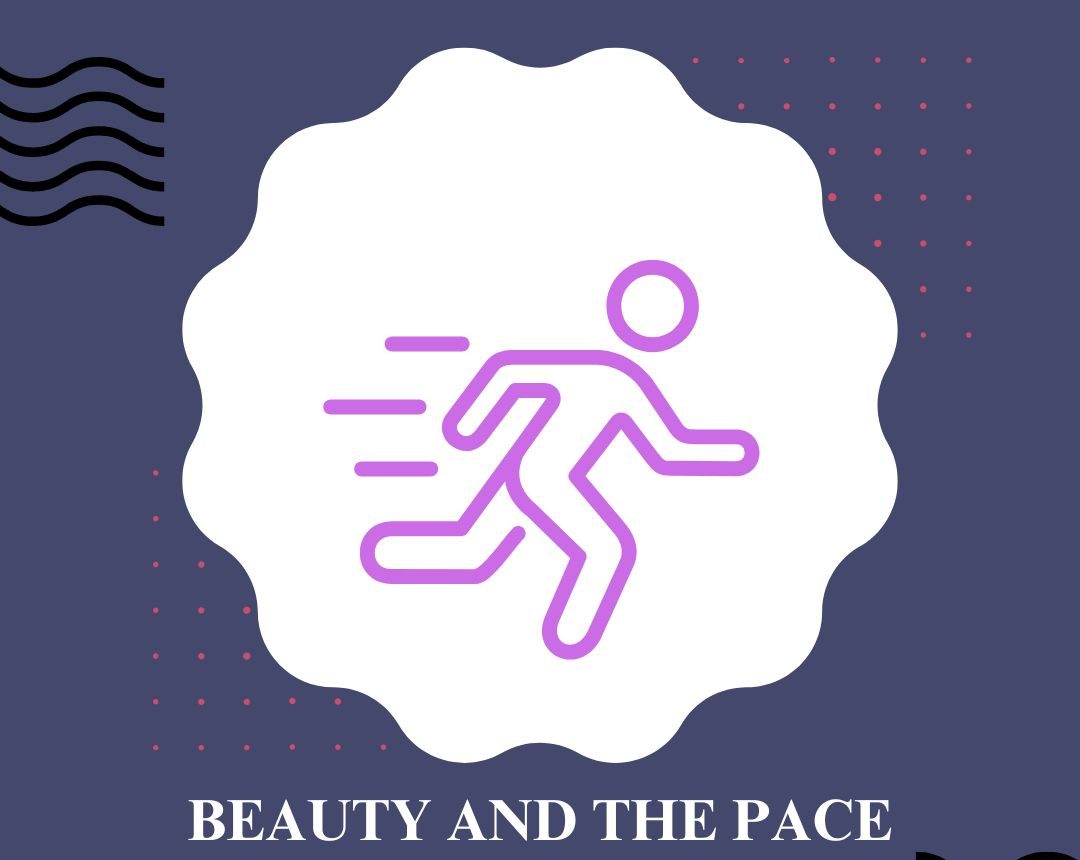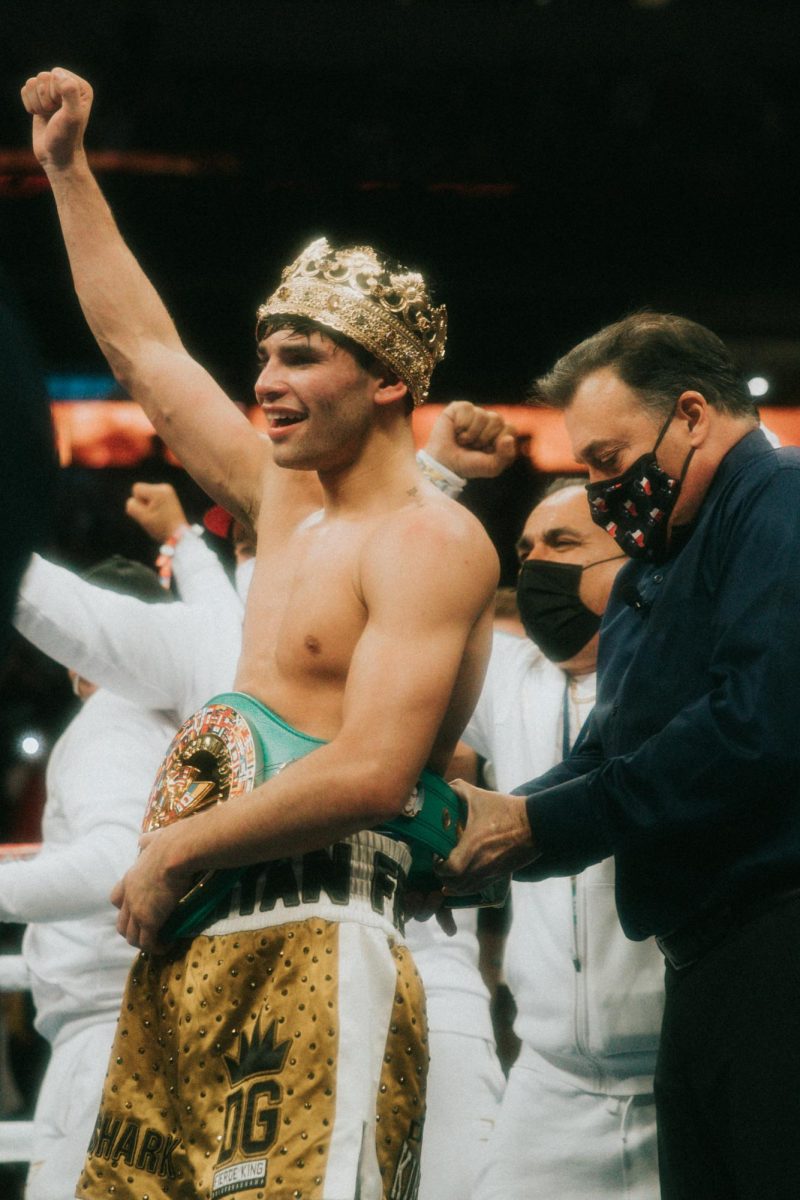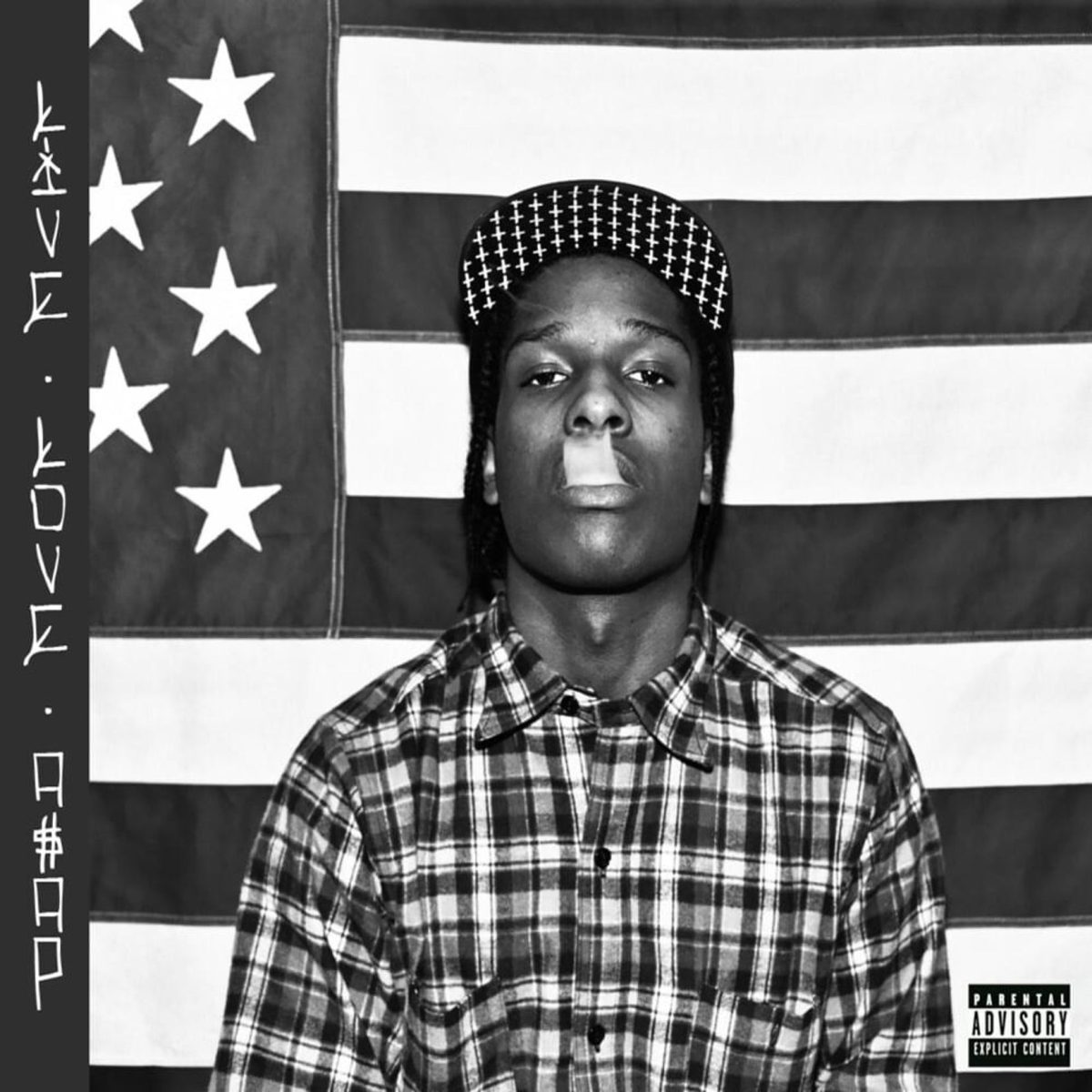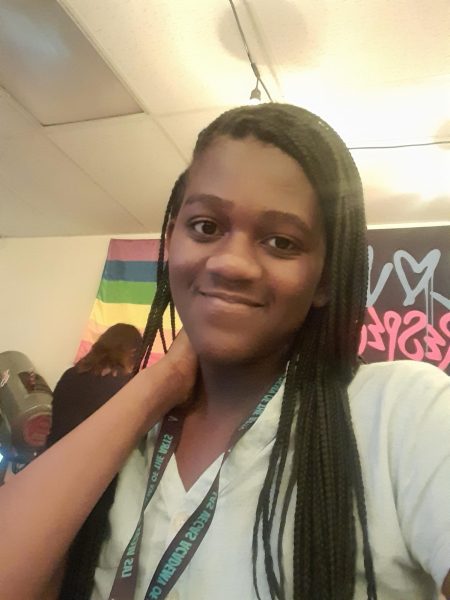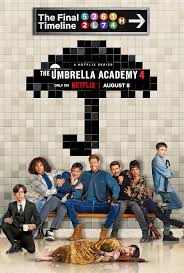
*Spoiler warning for anyone who hasn’t watched The Umbrella Academy.
On Aug. 8, the highly anticipated final season of The Umbrella Academy, Season 4, premiered on Netflix. After watching it, I couldn’t help but wonder: What happened to Season 4?
The Umbrella Academy, inspired by Gerard Way’s comics and graphic novels, follows the extraordinary lives of adopted siblings Luther, Diego, Allison, Klaus, Five, Ben, and Viktor (formerly Vanya). Together, they use their unique powers to prevent the apocalypse time and again. Their abilities include super strength, trajectory manipulation, mental and reality control, mediumship and evocation, teleportation and time travel, monster tentacles, and sound manipulation, respectively.
Season 1: A Promising Start
As the show begins, the siblings reunite following the mysterious death of their adopted father, Sir Reginald Hargreaves. Their missing brother, Five, returns from the future with an urgent warning about an impending apocalypse. This setup perfectly draws viewers into the series, setting the stage for the intense and dynamic storytelling that defines Season 1.
Season 1 captivated me with its compelling character dynamics and adrenaline-pumping fight scenes. The plot was well-thought-out and unfolded in unexpected ways, making me excited to watch the next season.
The characters are definitely the highlight of this season. The characters truly shine, each possessing unique traits that bring them to life. Five and Klaus won my heart from their first moments on screen. Despite being an arrogant time-traveler stuck in a 14-year-old’s body and an anxious drug user who sees dead people, they were incredibly captivating. Every other character also stands out in their own ways, dealing a powerful emotional punch of a season finale, sealing its place as the most memorable conclusion in the series.
Season 2: A Step Above
With the foundation laid in Season 1, Season 2 transports the siblings into the vibrant chaos of the 1960s, where they grapple with yet another impending apocalypse. This setting not only challenges the siblings but also enhances their development, allowing for more intricate storytelling.
I never knew how much I needed this plot until it was handed to me. This season was funnier, more heartwarming, and more action-packed than the first. It enhanced and improved everything from Season 1. I rarely find myself loving the second season of a show more than the first, but this one was an exception.
There wasn’t a single character I didn’t love, except for Luther, a character I didn’t like until season 3. Lila and The Handler were very close to being my favorite characters this season, but Ben’s authenticity and humor secured his place as a standout. Ben had always been a favorite of mine, but this season solidified it. His exasperation from dealing with Klaus had me laughing non-stop, and I still think about his sacrifice to this day, one that made the final battle in the season finale so bittersweet.
Season 3: Mixed Reaction
Following the time-travel adventures of Season 2, Season 3 takes the siblings to an unfamiliar timeline, leading to new challenges and surprising twists.
The stakes felt higher, though the urgency of the situation only truly hit me toward the end.
Out of all the Sparrow Academy members; Marcus (super strength), Ben (monster tentacles), Fei (bird emittance), Alphonso (Voodoo pain), Sloane (Gravity manipulation), Jayme (hallucinogenic black spit), and Christopher (energy beams), Sloane definitely made an impact on me. Not only was she the only Sparrow Academy member who didn’t annoy me, but she also had a calming presence that made her easy to love. Her influence even softened my view of Luther, while Allison’s actions this season made her less likable. Sloane was such a great character that I was crushed by what the Season 3 finale did to her.
Season 4: A Disappointing Conclusion
Set six years after Season 3’s apocalypse, Season 4 attempts to address the consequences of timeline traveling and past apocalyptic events but ultimately feels rushed. The season’s rushed pace mishandled the exploration of these themes, with character arcs for Five, Klaus, and Lila feeling particularly underdeveloped.
It’s as though the series forgot its characters’ core identities, leading to actions that felt unmotivated and disconnected. I still get uncomfortable whenever I think about the intimate moment Five and Lila shared during the greenhouse scene, and I get mad when I remember how they failed to resolve the issues it caused before the show ended.
This finale was the most bittersweet of all the seasons, with so much left unresolved. The final act still managed to get me emotional and sentimental over all we’ve been through with these characters.
Conclusion
In summary, The Umbrella Academy takes viewers on a thrilling ride through its four seasons, each with its unique strengths and challenges. With a rating of 10/10, Season 2 shines as the standout, blending humor, emotion, and action in a way that surpasses its strong predecessor, Season 1 which has a 7/10. Despite the intriguing developments in Season 3, it struggled with consistency earning a 6.5/10, and Season 4, while ambitious, left many narrative threads unresolved getting a low 5/10. Overall, the series remains memorable for its innovative storytelling and compelling characters, leaving a lasting impression despite its uneven conclusion.



